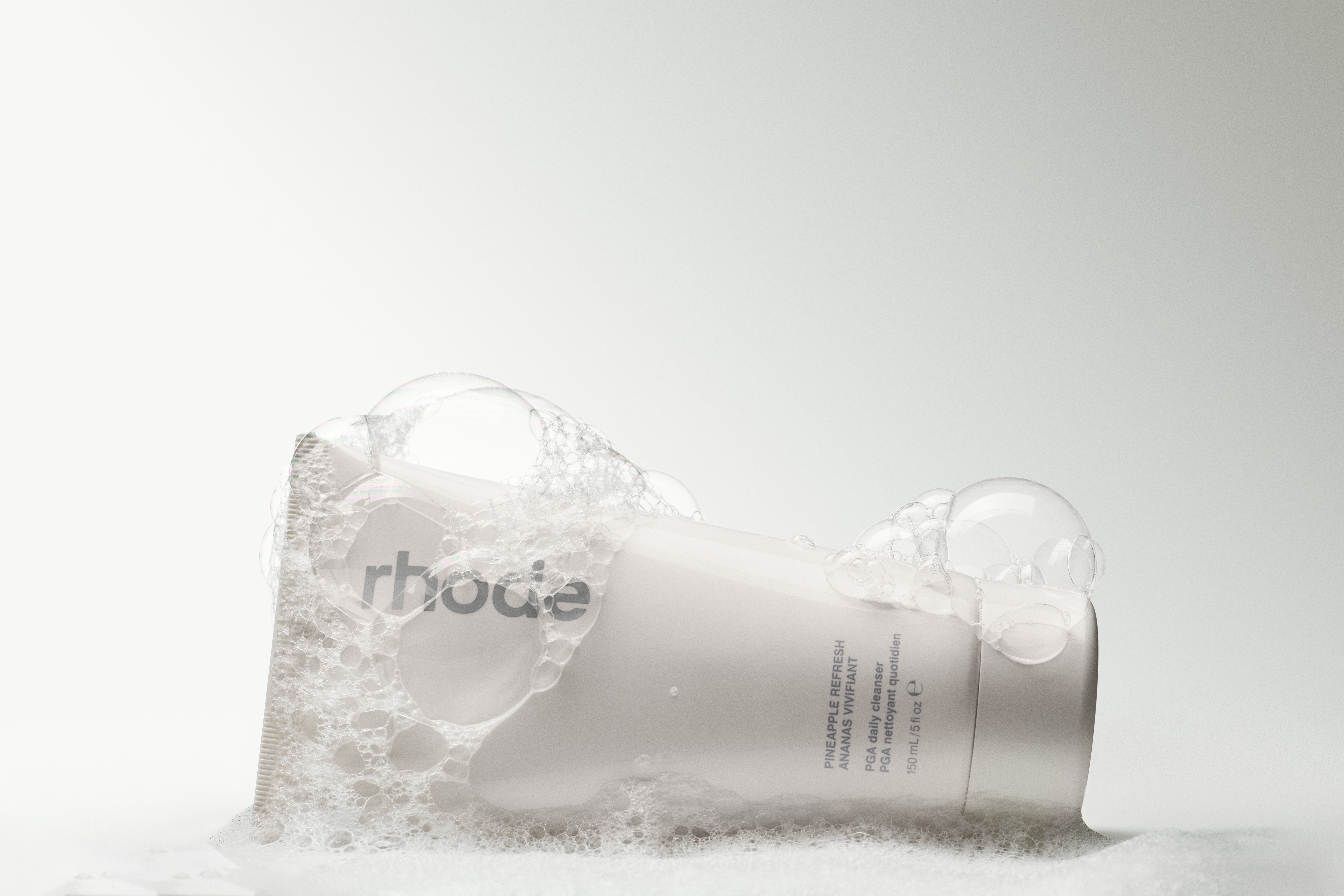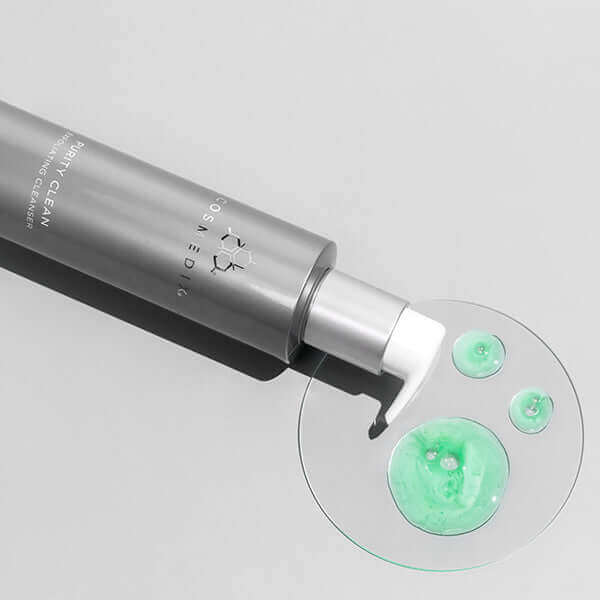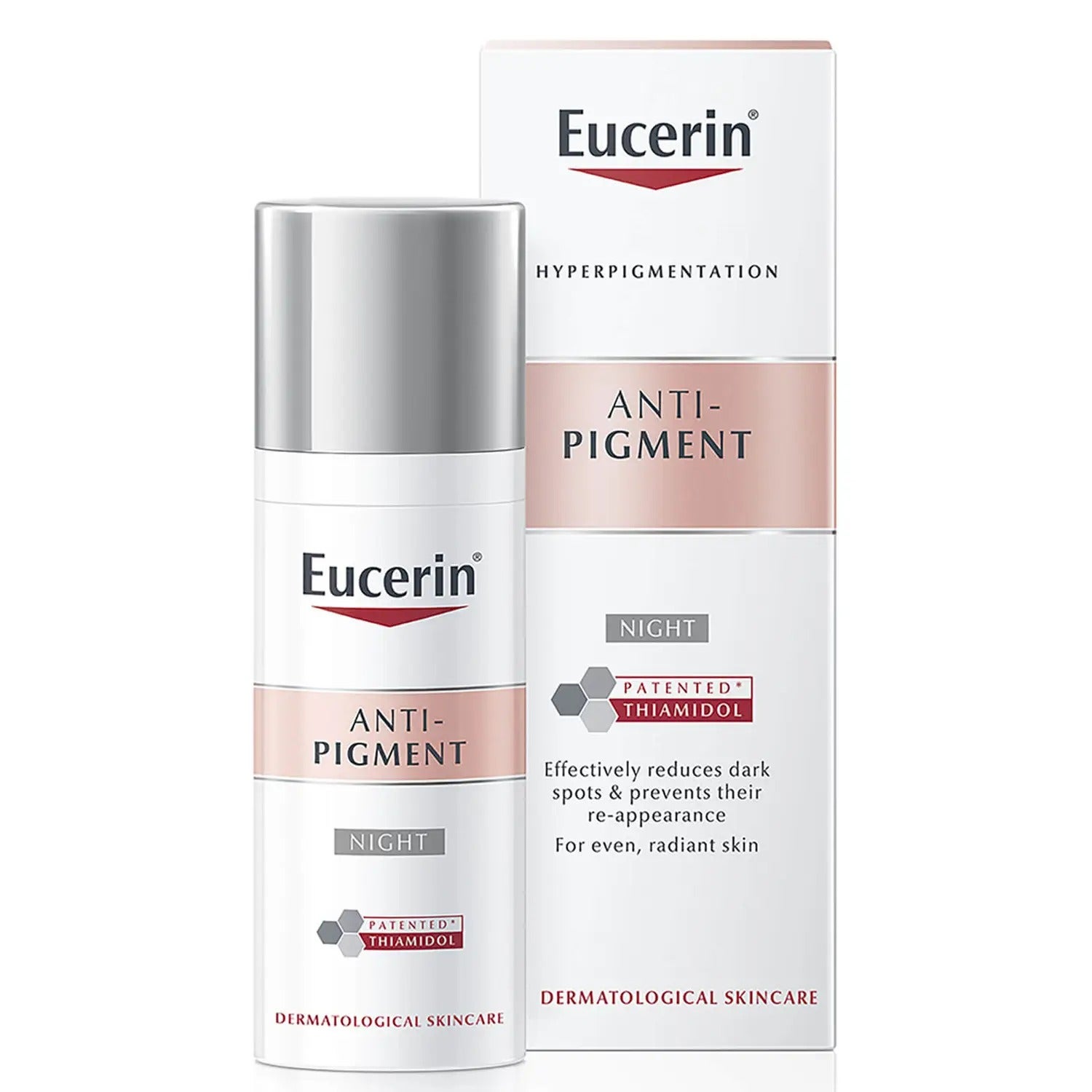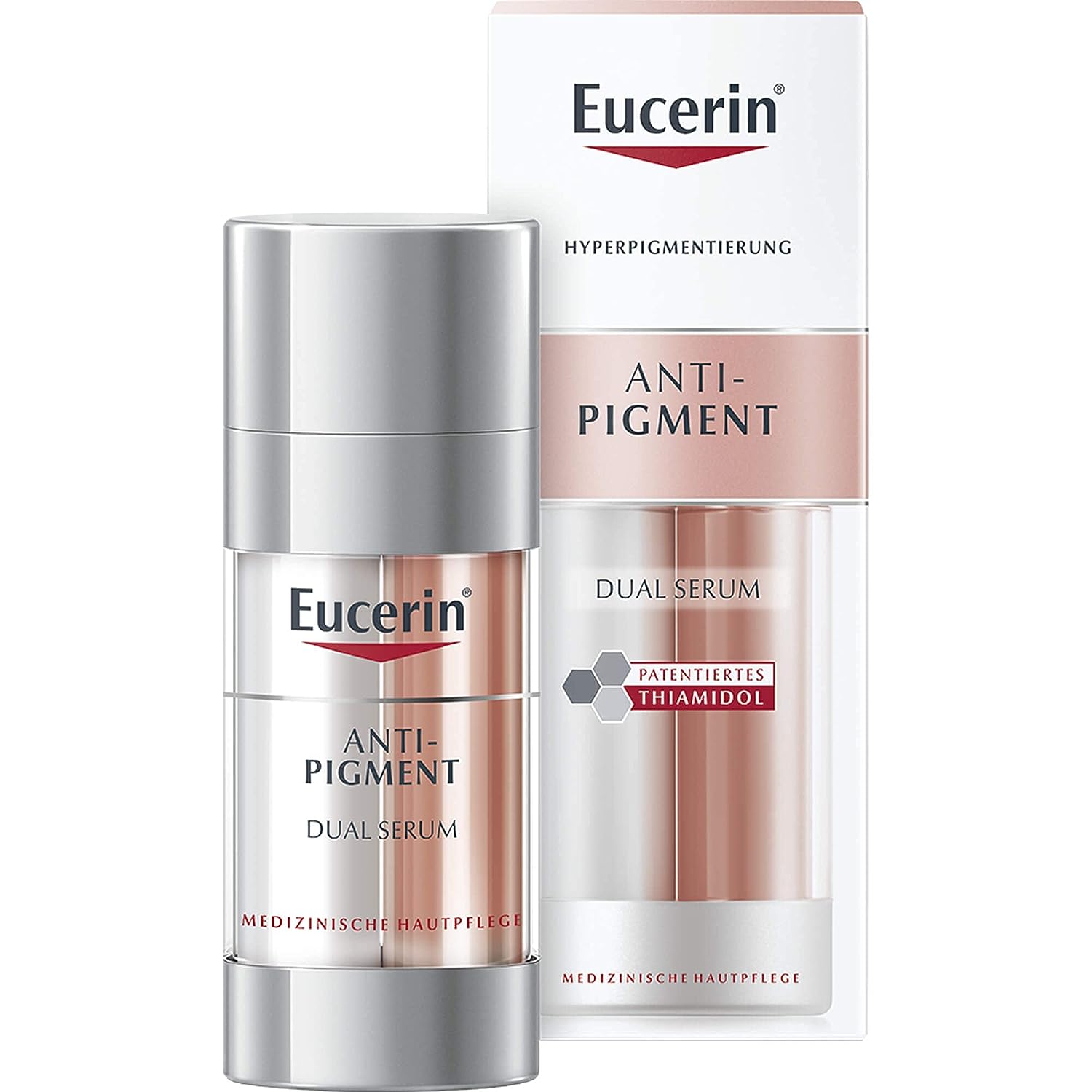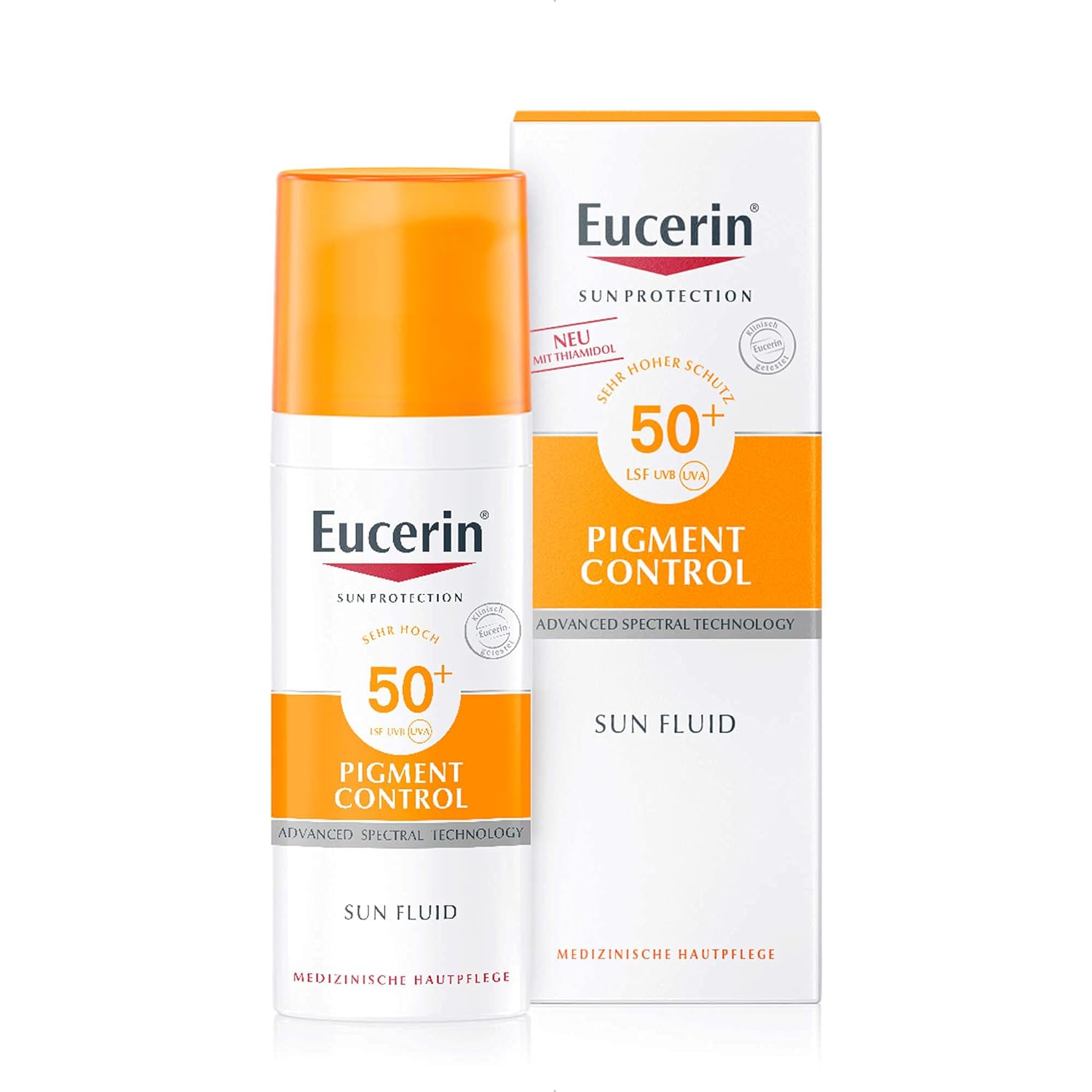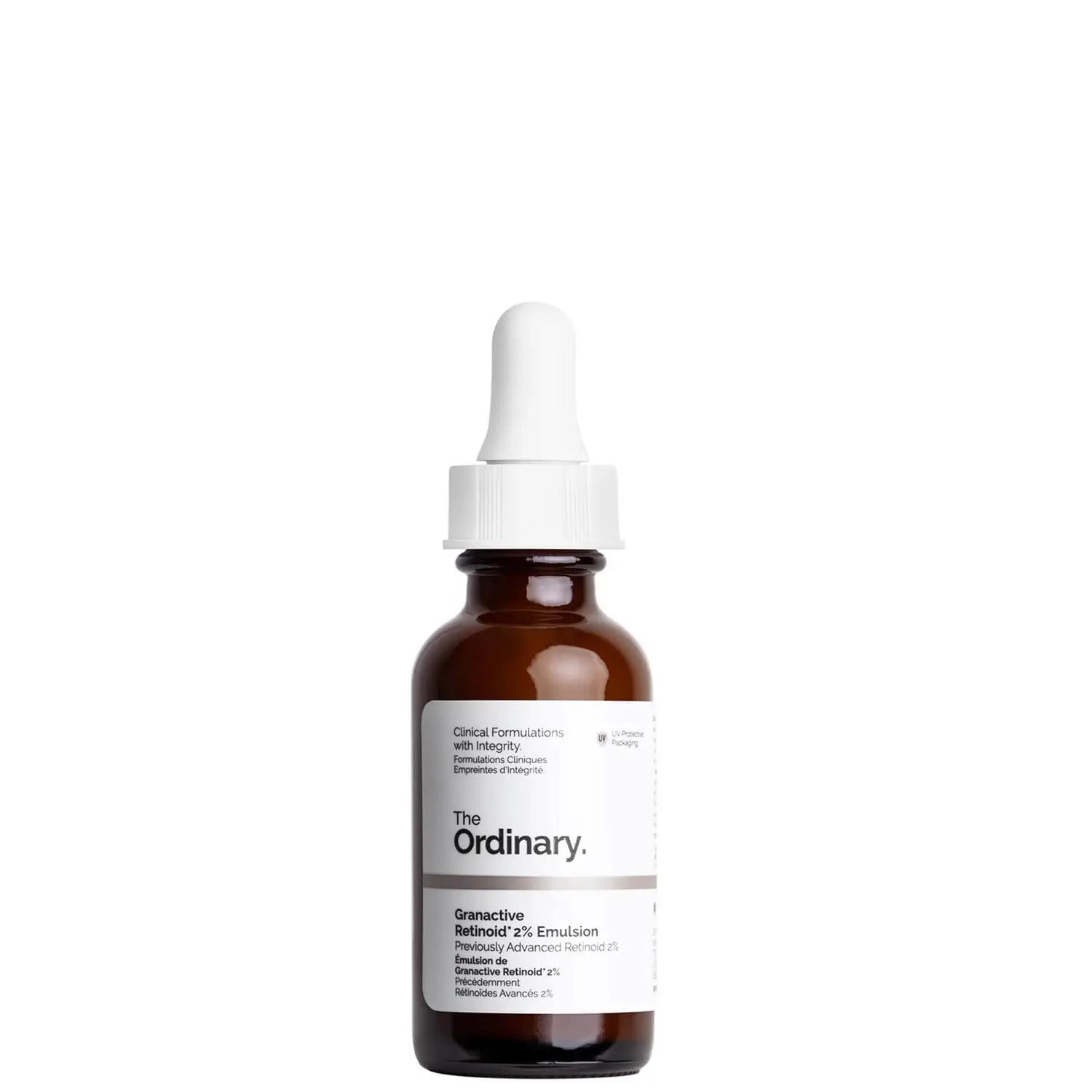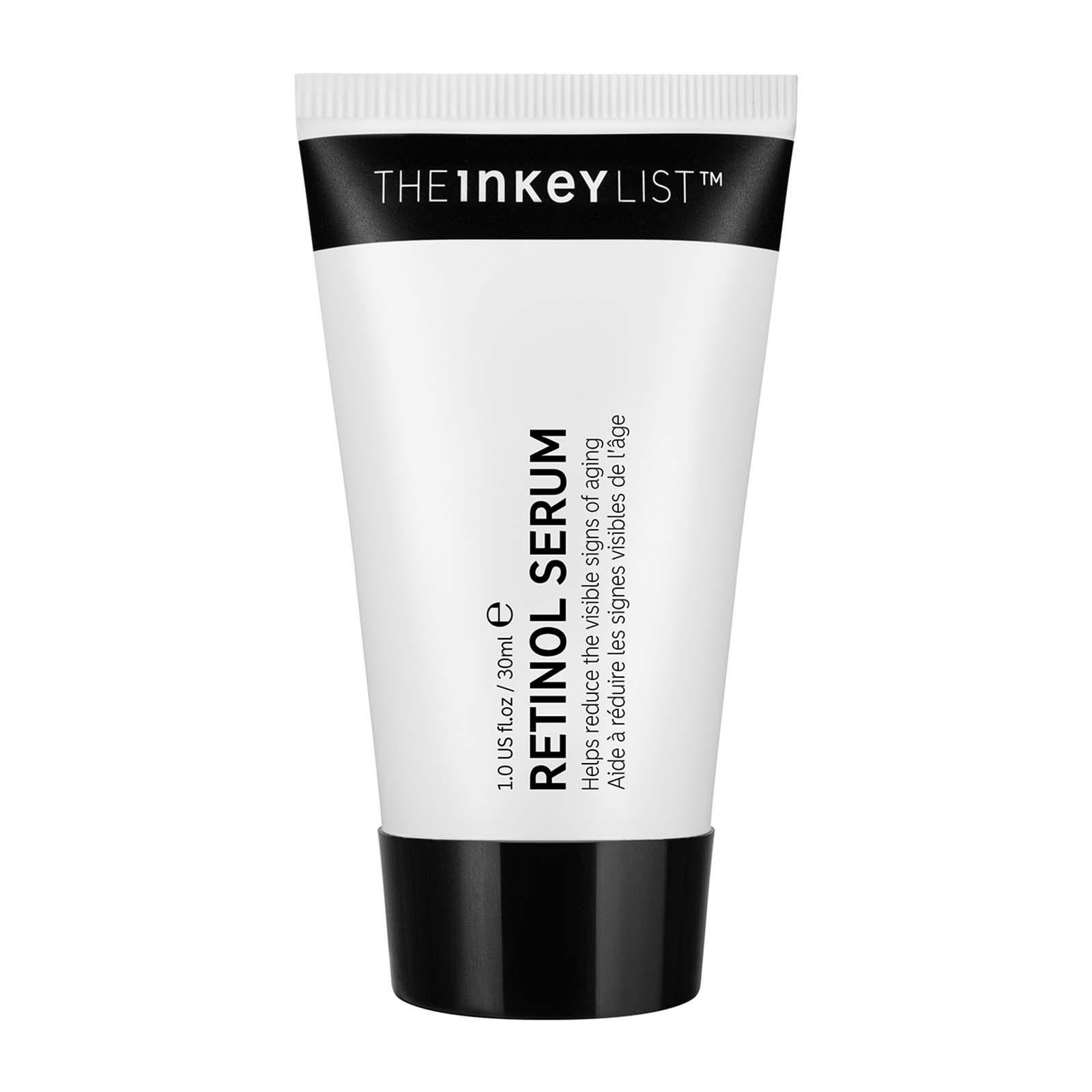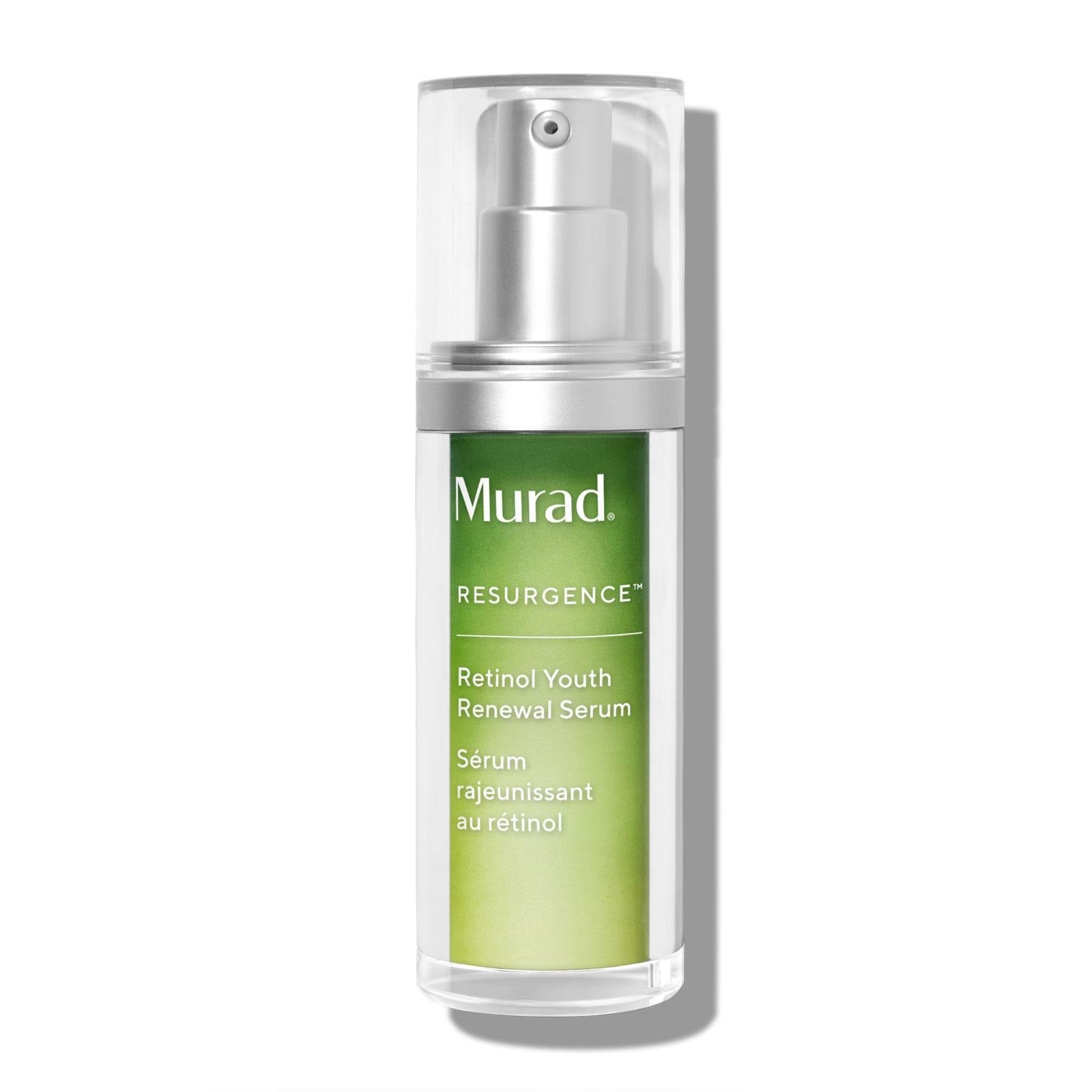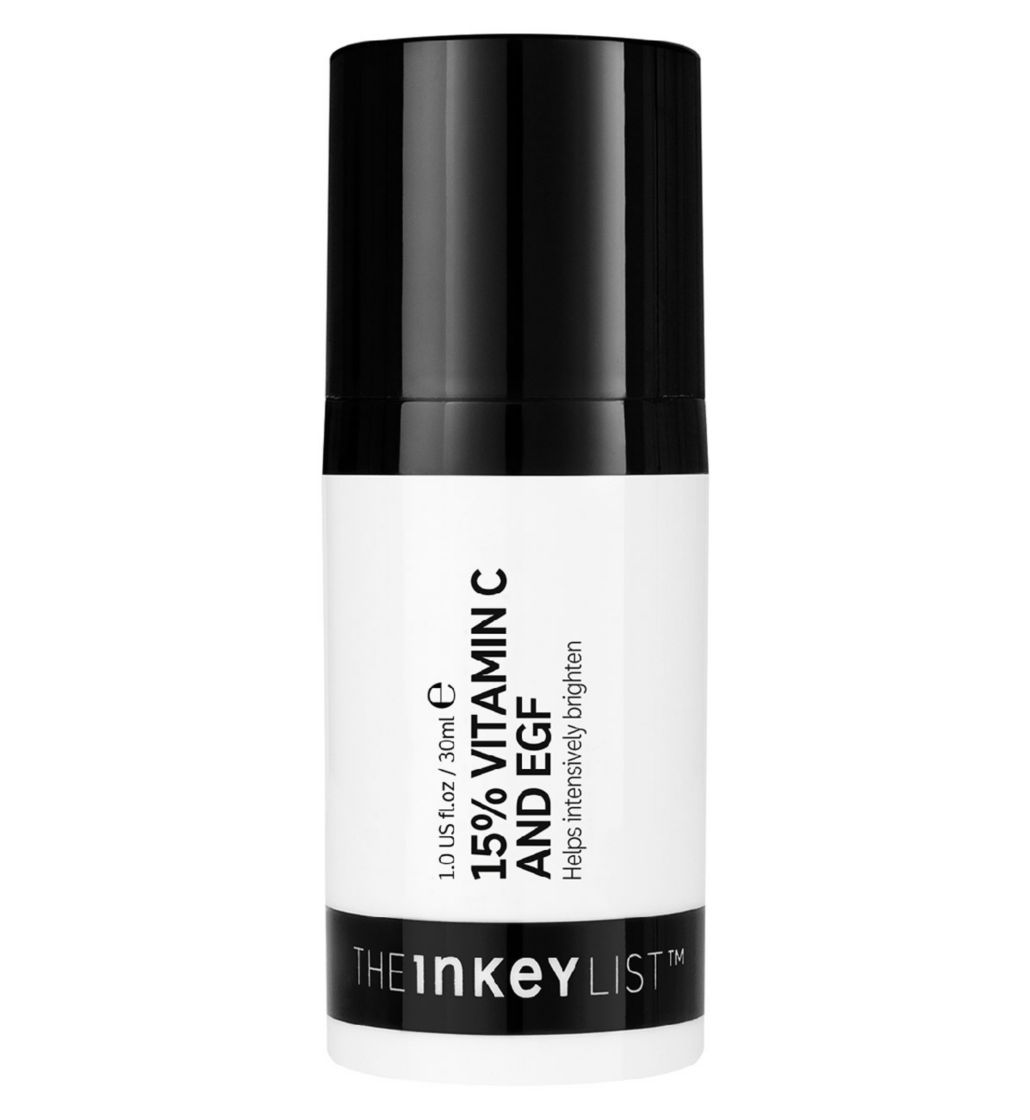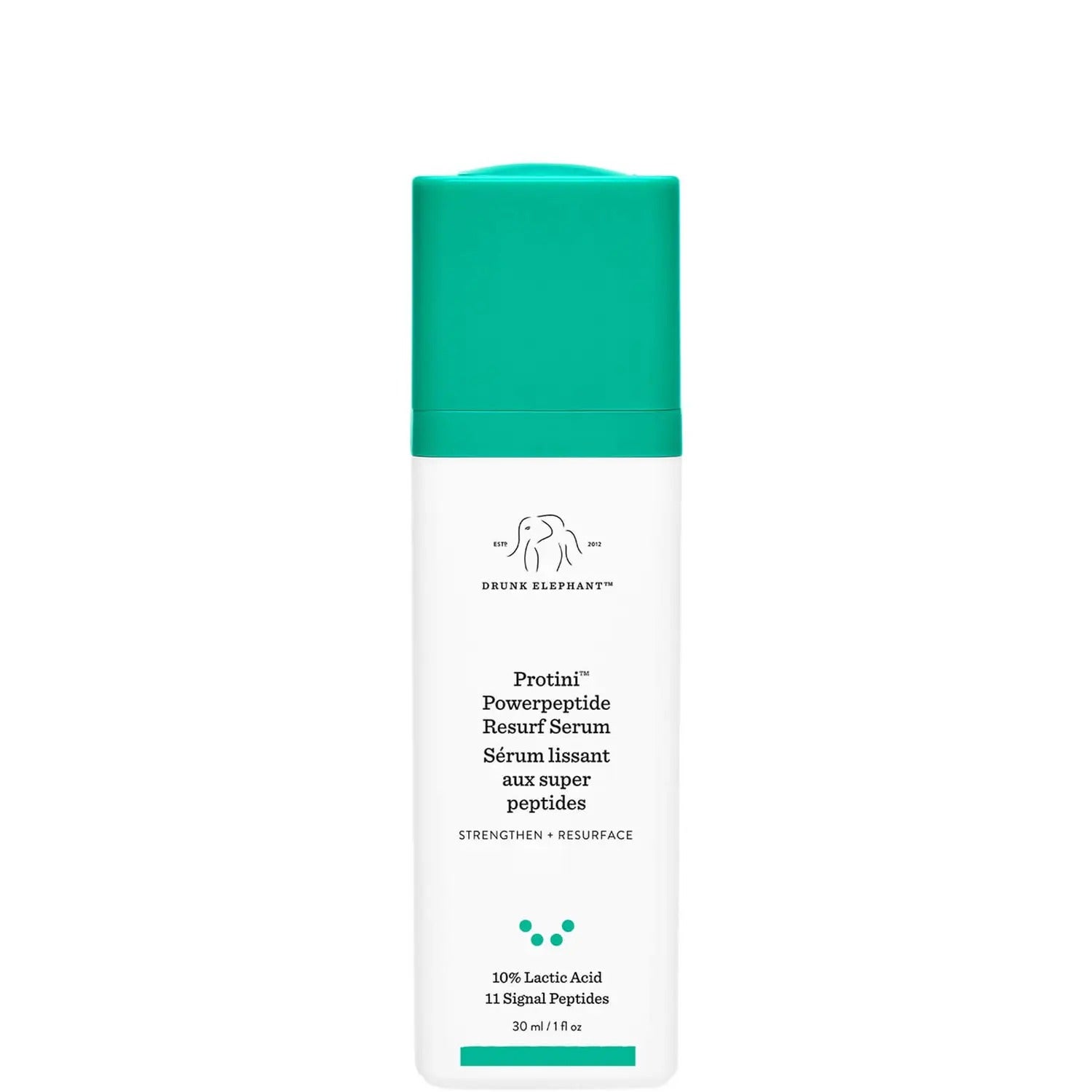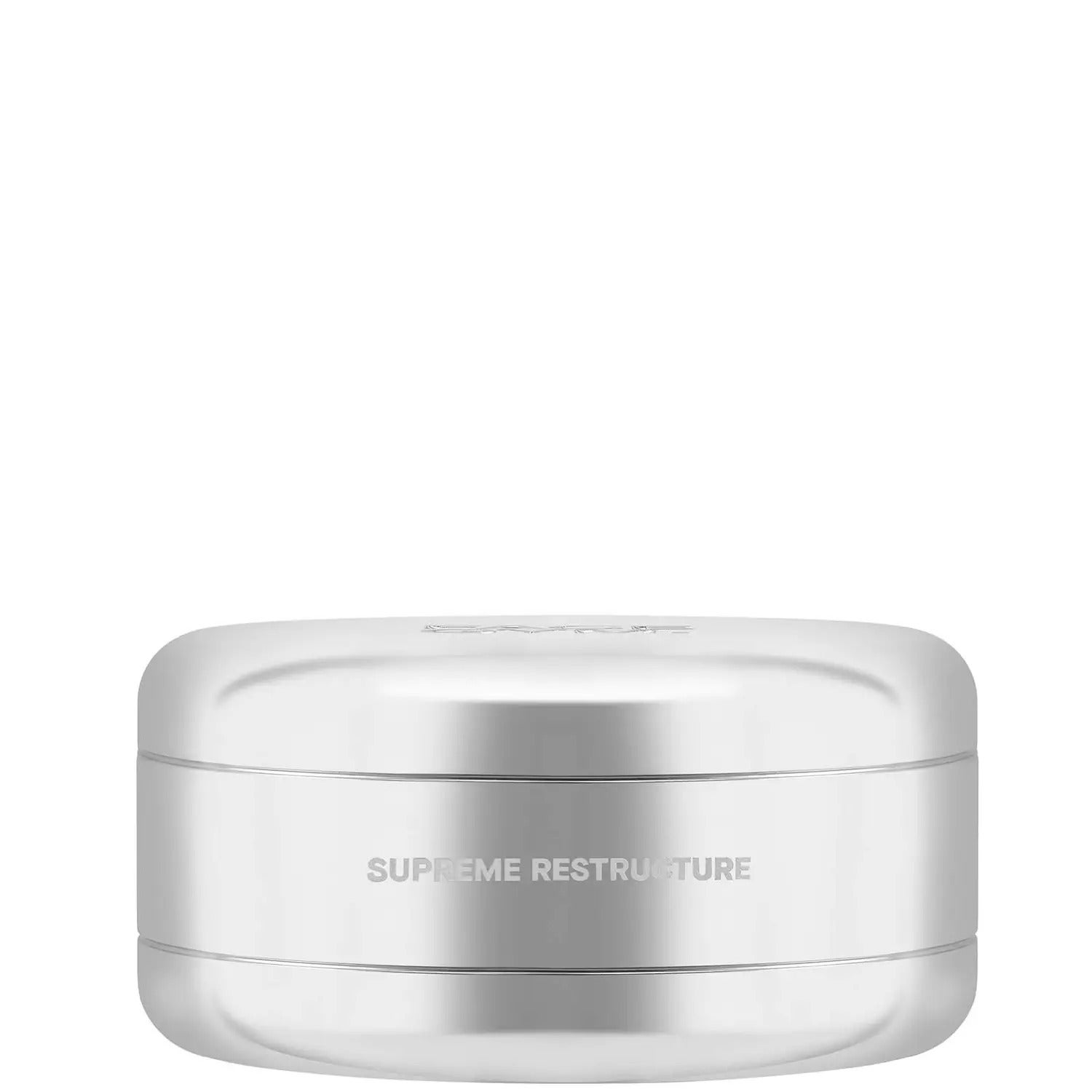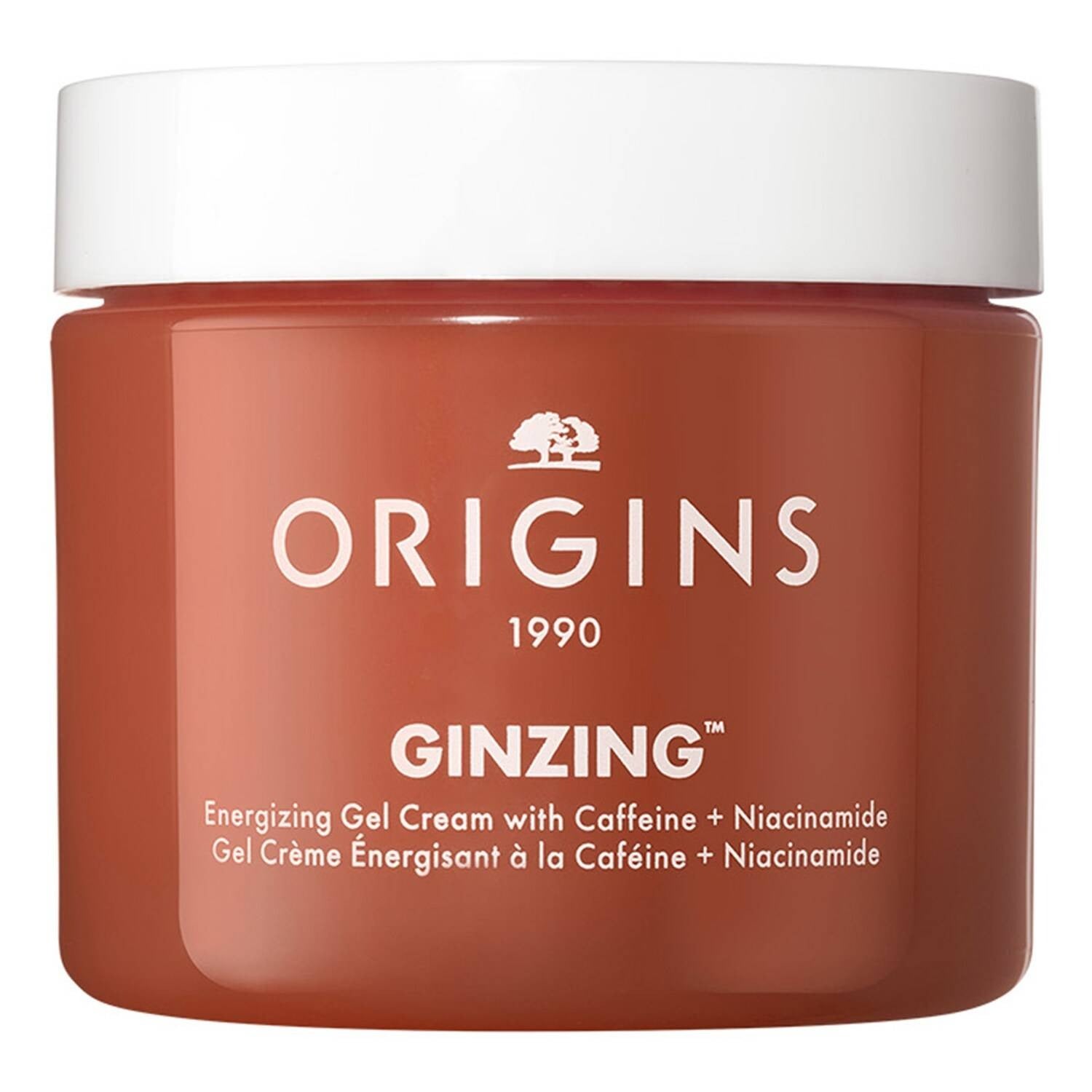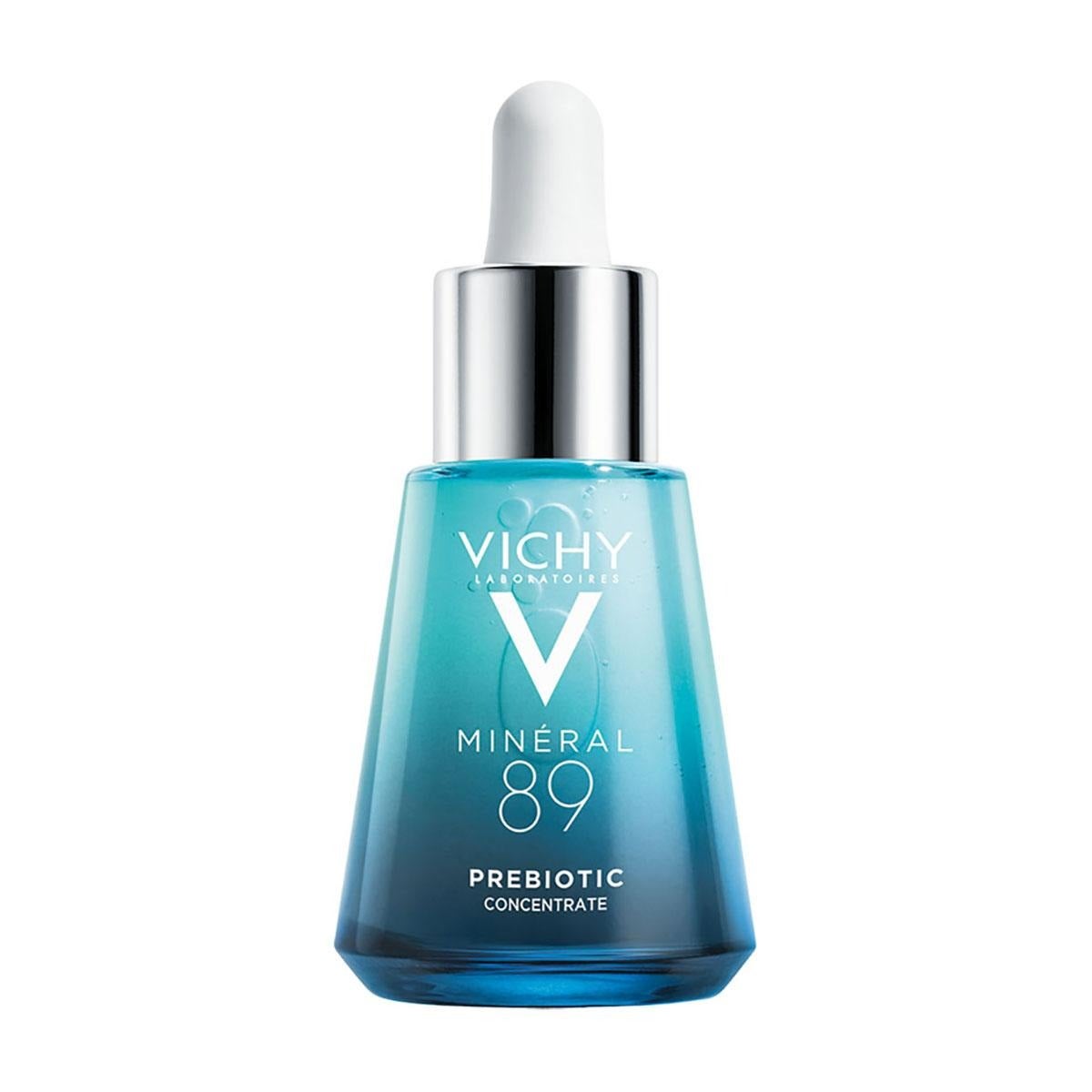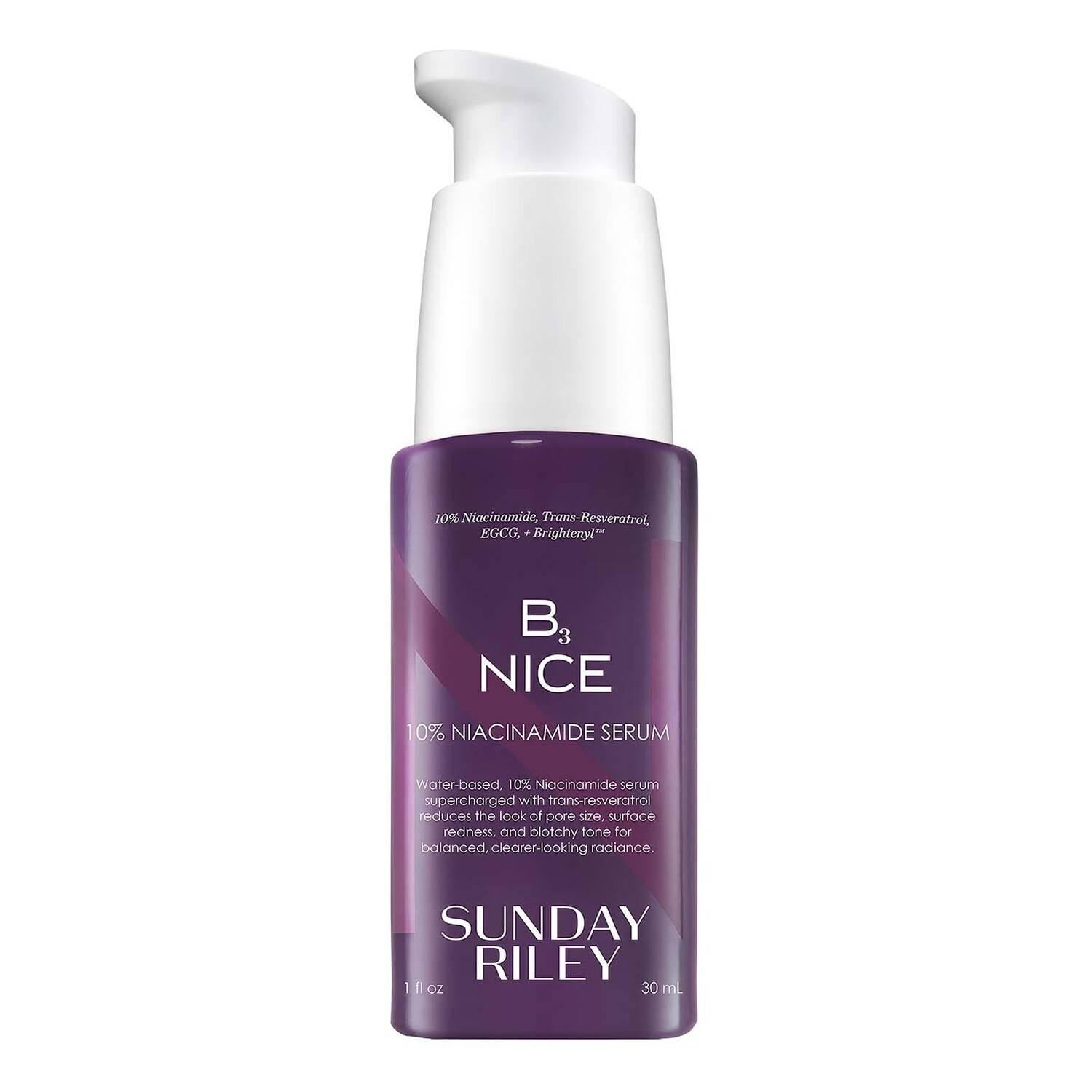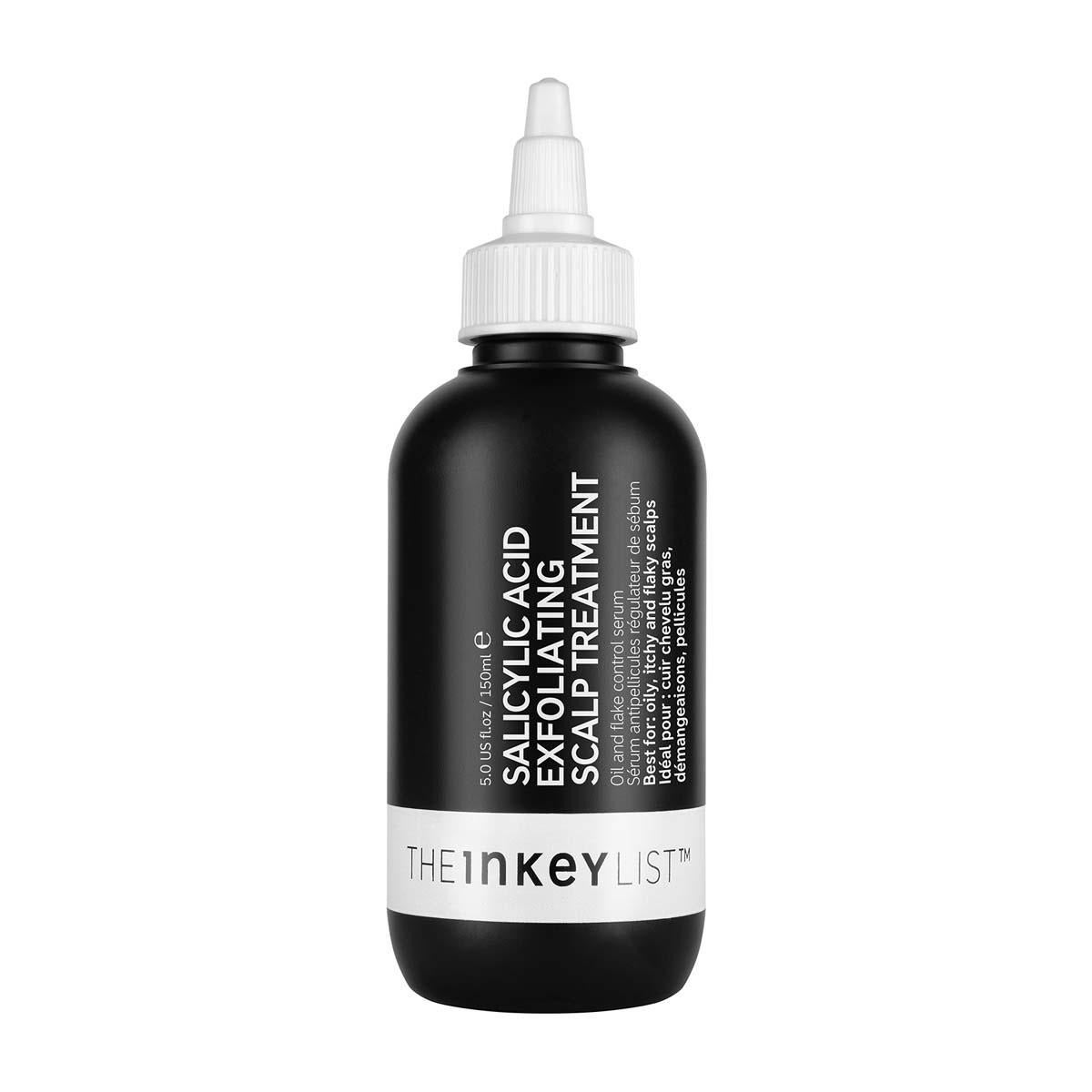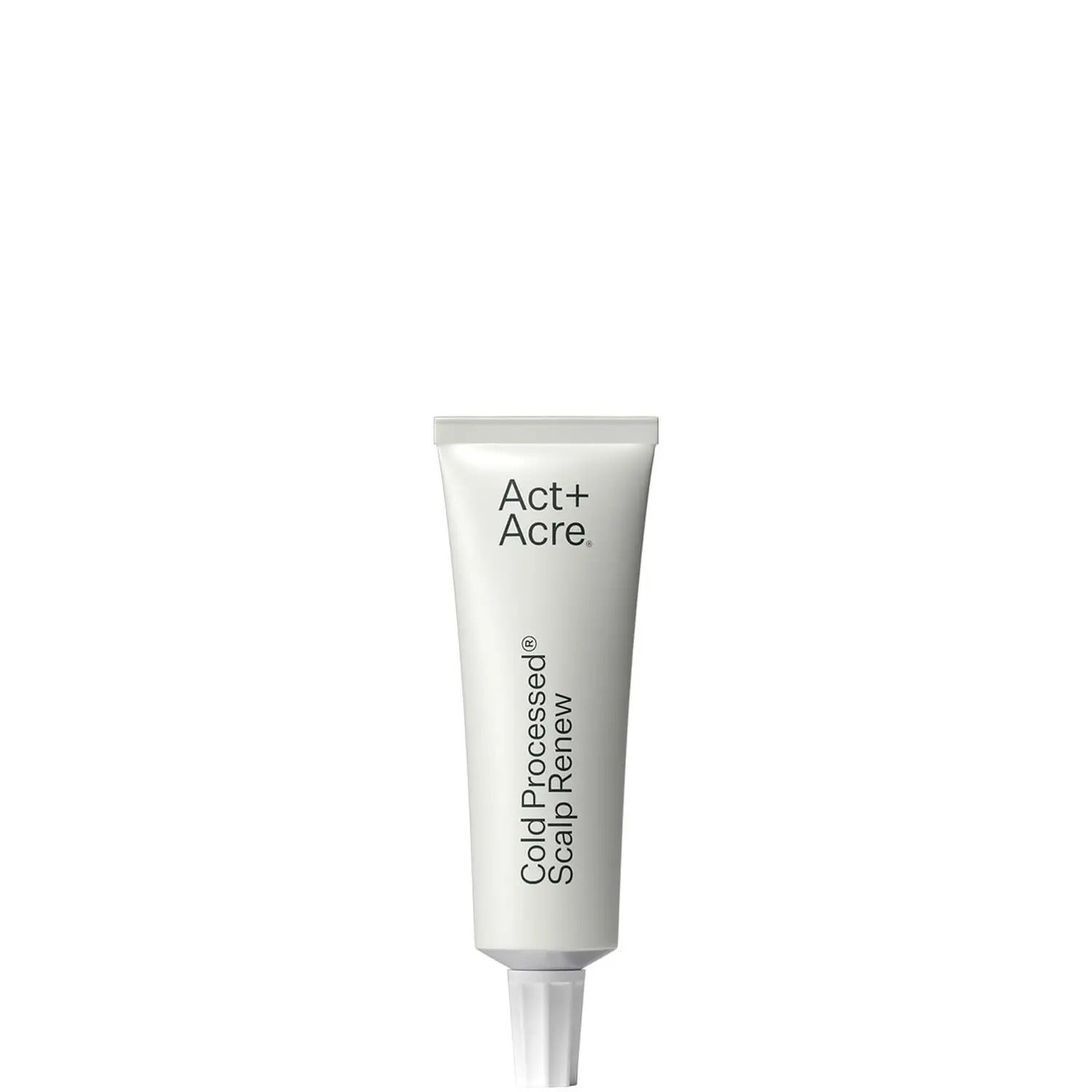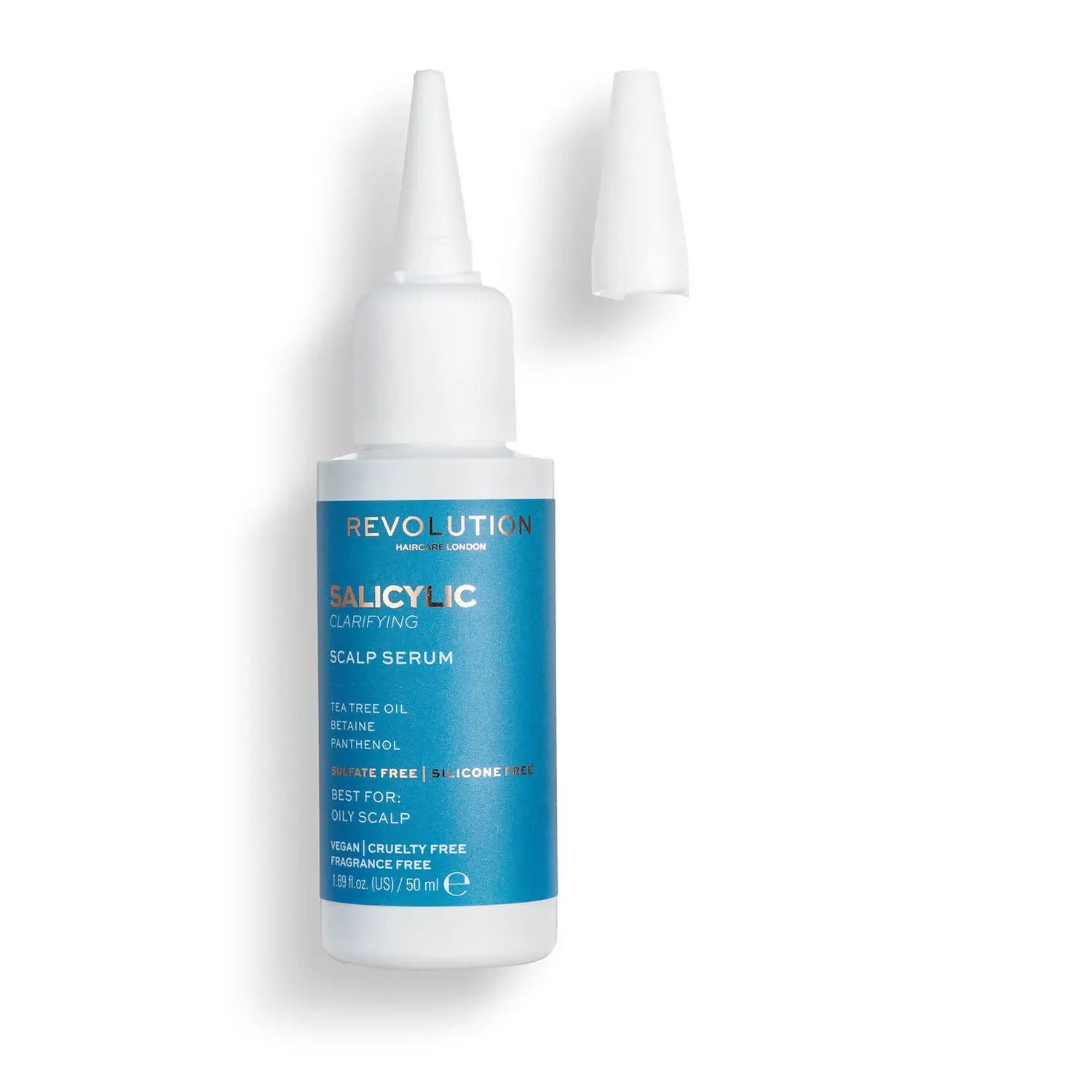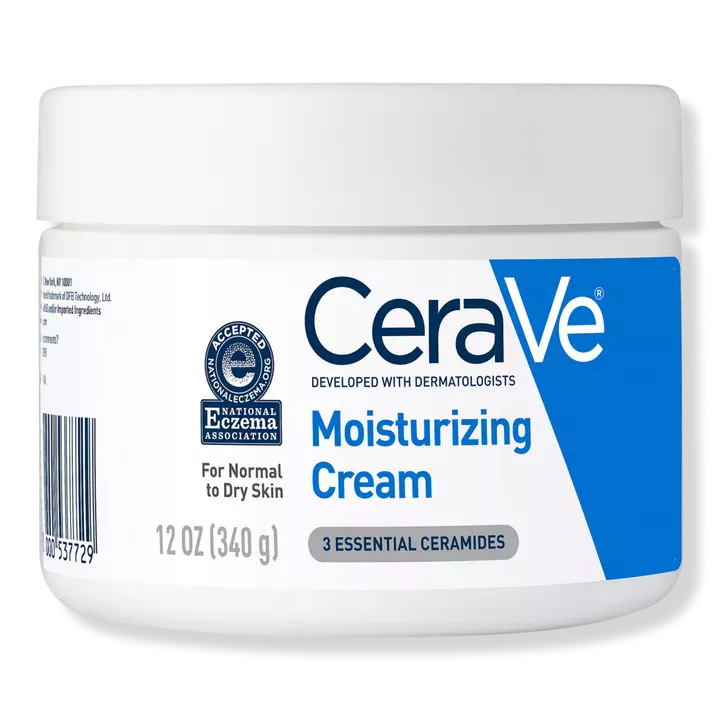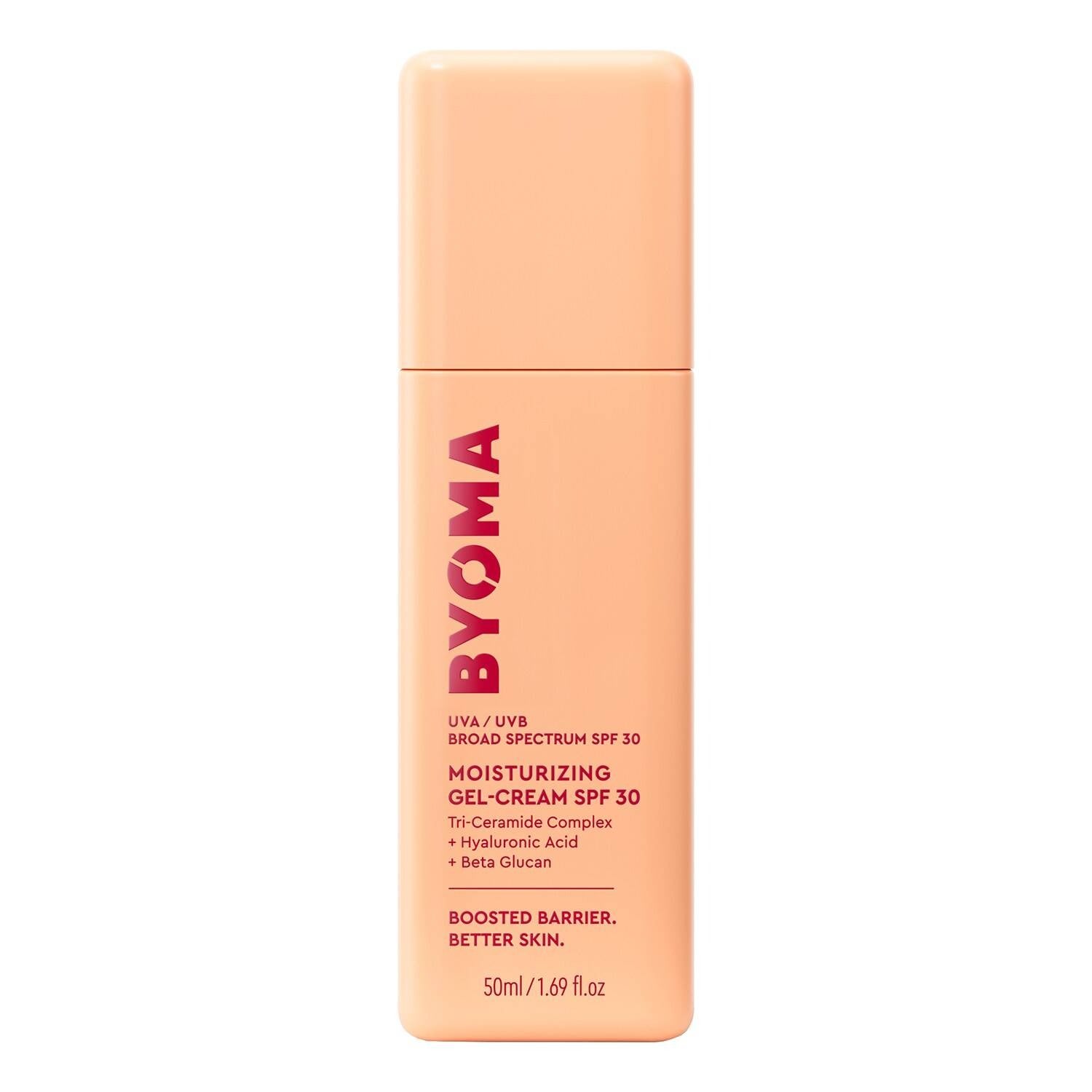9 New Skincare Trends That’ll Be Everywhere In 2024
Photographed by Kristine Romano.
All linked products are independently selected by our editors. If you purchase any of these products, we may earn a commission.
2023 was certainly a year for intriguing skincare trends. We discovered "injectable lip balm," became sold on the concept of "skin sealing" as a means to keep dryness at bay and learned new ways to apply sunscreen for the ultimate protection against damaging UVA and UVB rays. But if previous years have taught us anything, it’s that the skincare world is ever evolving.
In the new year, our skin needs will no doubt change. (Think: lots of post-party recovery and much colder weather.) With that in mind, we asked dermatologists, estheticians and skincare experts to divulge the most exciting — and effective — skincare trends they think will reign supreme. Here’s everything you need to know for achieving your best skin ever in 2024.
AdvertisementADVERTISEMENT
Souped-up cleansers
"Cleansing is underrated, cosmetic chemist and skincare formulator Ron Robinson tells R29, "it's a key part of the skincare routine." More than just washing your face to remove makeup, effective daily cleansing is important because it removes oil, debris, and toxins that if not removed, can cause inflammation in the skin.
With a key focus on cleansing this year, we'll see more cleansers designed with the efficacy of skincare that we leave on, formulations similar to what you'd find in an essence or serums. From an ingredient perspective, Robinson cites silver as a key ingredient that we'll see in cleansers because it's antibacterial but also repairs the skin's microbiome functioning. You'll find microsilver in the BeautyStat Microbiome Barrier Repair Purifying Cleanser. Other innovative cleansing formulas include the Rhode Pineapple Refresh Cleanser, a soft balm formula that uses exfoliating fruit enzymes and hydrating polyglutamic acid to remove makeup and invisible debris without stripping the skin.
To reap the benefits of a good cleanser, try leaving your cleanser on your skin for longer than 10 seconds. Maybe brush your teeth or floss before washing it off.
New neuropeptides
According to Robinson, peptides are becoming a gold-standard skincare ingredient, akin to vitamin C or retinol, which both have years of research to support their efficacy. Peptides are short-chain amino acids that are super versatile — different peptides serve different functions. For example, Robinson explains that the peptides used in Bieber's Rhode line were formulated specifically to help with the skin's barrier repair (which is why her moisturizer is called the Barrier Repair Cream). In the next year, we'll see more peptides in skincare, specifically neuropeptides.
AdvertisementADVERTISEMENT
"A neuropeptide is designed specifically to target the muscles in our face and help them to relax," explains Robinson. The skincare doesn't have to penetrate to the muscle to cause relaxation (that's how Botox works). Instead, the neuropeptide sends a signal to the muscle to tell it to, in Robinson's words, "chill out and relax." You'll find proprietary neuropeptides in the new Beautystat Peptide Wrinkle Relaxing Moisturizer.
Pigmentation regulation
So many things can cause pigmentation on the skin, such as acne and breakouts (also known as post-inflammatory hyperpigmentation), sun exposure and hormones to name a few. This discoloration is caused by a spike in melanin, a natural substance present in our bodies that produces pigment in skin and hair. Qualified aesthetician Alicia Lartey and Dr. Ifeoma Ejikeme, founder and medical director of Adonia Medical Clinic, say that next year we can expect a host of new products with buzzy ingredients that target pigmentation quickly and effectively.
“As I have a bit of an inside scoop on what brands will be launching next year, I think we can expect to see a lot of serums focused on hyperpigmentation that actually deal with the problem — and not vitamin C serums,” says Lartey. In fact, she recently told R29 that vitamin C is one of the worst skincare ingredients for tackling serious pigmentation, especially for her Black and brown clients. In Lartey’s view, there are other ingredients that do a much better job. First up: kojic acid, which minimizes excess melanin and brightens skin. Secondly, azelaic acid, which is anti-inflammatory and improves skin tone. Thirdly, alpha arbutin, which helps fade discoloration. Dr. Ejikeme rates the skincare ingredient thiamidol, which controls excess pigment in the skin. “All of the products in the Eucerin Anti-Pigment range contain thiamidol, an effective and patented ingredient that acts at the root cause of hyperpigmentation by reducing the appearance of dark spots,” Dr. Ejikeme tells R29.
AdvertisementADVERTISEMENT
Improved retinol
Retinol, which comes from vitamin A, is a skincare ingredient that is revered by dermatologists and facialists alike — and for good reason: it’s particularly beneficial for acne-prone skin, skin with discoloration or for minimizing the appearance of fine lines. When applied, it goes through a process of being broken down by your skin cells in order to take effect, says Dr. Dev Patel, founder of CellDerma and advanced aesthetics practitioner at Perfect Skin Solutions. In 2024, though, we’re going to see retinoids which work much faster and have fewer side effects like discomfort and skin flaking.
One such “new generation” retinoid, according to Dr. Patel, is hydroxypinacolone retinoate (also known as HCP), which fits directly into the retinoid receptors in your skin and doesn’t need to be broken down. “HCP’s potency is far higher than 1% retinol and it doesn’t come with the harsh side effect profile that other retinoids bring,” says Dr. Patel, who adds that HCP reduces excess oil production, minimizes the appearance of pores, prevents breakouts and firms the skin. “HCP serums are a must-have in 2024,” says Dr. Patel. “My go-to product is CellDerma Retin-ACE, which combines HCP with powerful antioxidants vitamin C and E to leave the skin feeling exceptionally smooth and radiant.” R29 also rates The Ordinary Granactive Retinoid 2% Emulsion, The Inkey List Retinol Fine Lines and Wrinkles Serum and Murad Resurgence Retinol Youth Renewal Serum.
Growth factors
Don’t let the name deter you. Sustainably sourced growth factors — essentially skin-strengthening proteins — help trigger cellular repair and regeneration in the skin, explains Dr. Patel. They boost collagen and elastin (both of which we slowly lose as we age). In 2023, one particular growth factor took center stage: epidermal growth factor (EGF). While beneficial for plumping and smoothing skin, Dr. Patel says that it has its limitations. In 2024, he’ll recommend serums that contain a blend of growth factors at the right concentrations, which each play a unique role in improving skin elasticity, wound healing, acne control, hyperpigmentation and scar reduction, he says.
AdvertisementADVERTISEMENT
“In clinic, I use CellDerma GF5,” says Dr. Patel, which boasts five key growth factors. “This also includes neuropeptides [proteins] which work a little like botulinum toxin-A [aka Botox] although milder.” A downside? Products with growth factors tend to be on the expensive side. If you’re keen to try them, consider Face Gym Supreme Restructure Firming EGF Collagen Boosting Cream or Drunk Elephant Protini Powerpeptide Resurf Serum. Try The Inkey List 15% Vitamin C and EGF Serum if you have less to spend and your skin tolerates vitamin C. (The growth factors in all three of these products are extracted from plants.)
Niacinamide is going nowhere
Niacinamide isn’t exactly a novel ingredient, but it has really proven itself this year. So much so that Dr. Ejikeme predicts skincare brands will continue to gravitate toward it in 2024. She’s right — keep your eyes peeled for a handful of new niacinamide serums from your cult favorite skincare brands very soon.
The benefits of niacinamide are endless: Dr. Ejikeme says that it helps to brighten the skin, soothe redness, minimize the appearance of enlarged pores (by controlling excess oil production) and lessen hyperpigmentation over time. If taking care of your skin barrier is a priority for you, niacinamide is also known to prevent moisture escaping from the surface of the skin, which, if ignored, will eventually lead to dryness. In other words, it’s a great ingredient to become acquainted with this winter and beyond.
AdvertisementADVERTISEMENT
Try Sunday Riley B3 Nice 10% Niacinamide Serum and Vichy Minéral 89 Probiotic Fractions Recovery Serum, both of which contain niacinamide and moisturizing glycerin. If you’d rather skip a step and go straight for a moisturizer, try Origins Ginzing Energizing Gel Cream with Caffeine + Niacinamide.
Scalp care = skincare
The scalp is an extension of the skin on your face, so it makes sense that we’re keen to give it the same TLC. It doesn’t need a 12-step skincare routine, but you might reap the benefits of incorporating one or two additional products into your shower regime. “Traditionally most people won’t do anything to their scalp,” says Lartey, but brands are now increasingly focusing on chemical exfoliation, which is beneficial for removing product buildup, slicing through oil, unclogging pores and preventing scalp acne (yes, it’s a thing). Forget glycolic acid for a moment. Salicylic acid — a beta hydroxy acid or BHA, which gently breaks apart dirt, oil and dead skin cells — is making its way into haircare, in particular, pre-shampoo treatments. Try The Inkey List Salicylic Acid Oily Scalp Treatment or Act + Acre BHA Salicylic Acid Scalp Renew Exfoliator. Post wash, scalp maintenance serums are a great shout, says Lartey. R29 recommends Revolution Haircare Salicylic Acid Clarifying Scalp Serum for Oily Dandruff. If your chosen hair serum contains moisturizing and hydrating skincare ingredient panthenol, even better, suggests Lartey.
AdvertisementADVERTISEMENT
Sure enough, Dr. Vanita Rattan, CEO and cosmetic formulator at SkincarebyDrV, says that a well-moisturized and balanced scalp can improve hair texture and shine. “Healthy hair growth starts with the scalp, as this is where the hair follicles are located,” she says. “When these hair follicles are well-nourished and strong, this leads to healthy hair growth.”
Clever, clever exosomes
Most experts featured in this story put forward exosomes as a burgeoning skincare trend for 2024. Don’t let the scientific name put you off — but do stay with us here. Dr. Colette Haydon, dermopharmacist and founder of lixirskin, says that exosomes are a teeny tiny piece of material extracted from a cell (in skincare, we’re talking about plant cells). This little molecule is essentially a messenger and it carries information to other cells, telling them to behave in a certain way. Often, that molecule contains things like peptides (skin-strengthening proteins) and growth factors, which we know boost collagen and elastin in the skin. Dr. Ejikeme says that exosomes enhance firmness and skin texture, as well as boost luminosity and help minimize the appearance of large pores. The catch? There aren't that many ways to administer exosomes at home just yet; while there are some skincare brands that use exosomes in products, the options are still fairly limited (and the prices are very high).
That said, countless facialists practice exosome therapy at their clinics. This involves applying exosomes topically, usually via a viscous serum, following a treatment like laser or microneedling, for example. “Exosomes are anti-inflammatory,” explains board-certified dermatologist Dr. Marina Peredo, “and they relieve the burning sensation after a laser or microneedling treatment. They also reduce redness and dramatically reduce post-procedure downtime by 80%.” But exosomes don’t come cheap; you can expect an exosome facial to begin at $700 per session.
AdvertisementADVERTISEMENT
Happily, it probably won’t be long before more skincare brands harness exosomes for serums and moisturizers. Watch this space.
Skincare specifically for skin of color
“In 2024, there will be a more inclusive and representative approach to skincare,” predicts Dr. Rattan, who says that there is a lack of awareness regarding the specific requirements for skin of color. “Formulations will need to become more hydrating, less irritating and provide anti-inflammatory effects to deal with the additional skin concerns for people of color, all without triggering further issues,” she says.
Dr. Rattan advocates for ceramides (fats found naturally in the top layer of skin) in particular. “Darker skin tends to be slightly drier, especially as we age, due to the lower ceramide level in the top layer of the skin,” she says. Ceramides improve the function of the skin barrier by holding water in the skin. “If we don’t replace ceramides through our skincare, there is a higher chance of trans epidermal loss [where water escapes the skin] leading to dehydrated skin.” Skincare brands which champion ceramides include CeraVe, Glow Recipe, Nip + Fab and Byoma to pinpoint a handful of R29 favorites.
“As well as this, skin irritation is not always immediately visible in skin of color as we experience less redness and facial flushing,” says Dr. Rattan. To that end, she advises being vigilant when shopping for skincare and suggests avoiding irritating the skin with drying alcohols, essential oils and fragrance. “Three to four percent of the population get contact dermatitis [dry, itchy and inflamed skin] from fragrance, and for skin of color, this can lead to hyperpigmentation that can last for years,” says Dr. Rattan.
AdvertisementADVERTISEMENT
If you’re dealing with hyperpigmentation, consider slotting one of the aforementioned pigmentation-minimizing ingredients into your skincare routine and always wear sunscreen during the day to protect your skin from damaging UV, which can darken pigmentation.
Psychodermatology overtaking dermatology
Consultant dermatologist Dr. Anjali Mahto believes that skin and mental wellbeing go hand in hand. That’s why, at her clinic, Self London, she operates alongside registered clinical psychologist Dr. Eleanor Chatburn, who is on hand to support patients through their ongoing skin treatment. In a nutshell, psychodermatology studies the connection between the mind and skin conditions such as acne, rosacea and eczema to name a small handful — all of which are known to reduce confidence and affect mental wellbeing negatively. Psychodermatology will become an integral part of comprehensive dermatological care, says Dr. Mahto, who offers patients a more rounded and targeted approach to achieving skin they are personally happy with. Dr. Mahto is of the opinion that embracing the connection between our skin and our minds isn’t simply a trend to watch out for next year, but that it is a positive step toward more personalized — and most importantly, effective — treatment.
AdvertisementADVERTISEMENT








